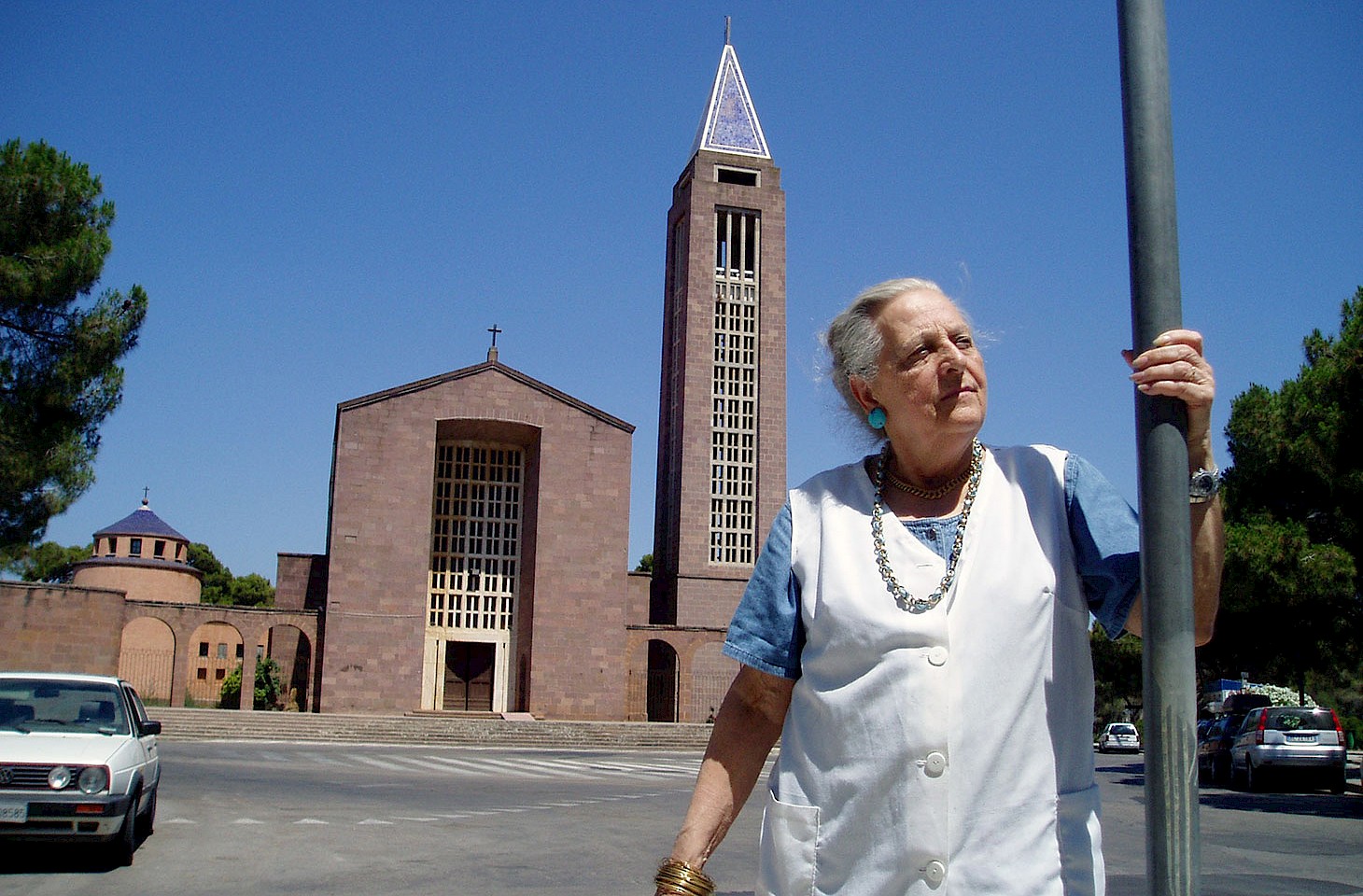Do you have some time to spare? Great, grab a few things and join us as we head off to explore hidden Europe. Let’s make tracks for an unsung delta on the Adriatic, visit a city on the Black Sea coast and check out a couple of North Sea ports.
There is a certain maritime theme to this issue of hidden europe. We take a look at the last generation of classic ocean liners, focusing on a class of Soviet ships often referred to as ‘the poets’. The last ‘poet’, a vessel named after Pushkin, died with the start of the pandemic. It was an ignominious demise, though probably no worse a fate than that of the one-time Cunard flagship Queen Elizabeth II which we read has just been purchased by French hotel group Accor for use as an upmarket hotel in Dubai. The Accor press release makes much of the fact that Dubai Mall is less than 20 minutes away from the QE2 (presumably not on foot!) and the Mall of the Emirates a mere 29 minutes.
Isn’t it fascinating how travel is so often associated with conspicuous consumption? The notion of flying to the Arabian Gulf to go shopping is strange. But no stranger perhaps than the new generation of self-styled slow travellers where a fast dash on a high-speed train from Paris to Marseille is somehow championed as being ‘slow travel’. It is of course wonderful to see so many people considering their cumulative carbon footprint and now opting for trains rather than planes. It’s not so wonderful to see those reformed flyers still bringing an aviation mindset to their travel planning. They tend to squeeze in too much and travel too fast. Keeping sane is all about really slowing down and in Germany we have every opportunity to do just that this summer. For just €27, we have three long months to roam at will on slower regional trains. You can read about this fine initiative on page 36 in this issue.
Elsewhere in the pages of hidden europe 67, we go mountain hiking in Croatia’s Kvarner region, ponder the relationship between mining and cultural heritage and discover a former Catholic seminary in the Braes of Glenlivet. To our two guest contributors, Rudolf Abraham and Laurence Mitchell, we offer our sincere thanks for putting pen to paper on our behalf.
Our apologies that this issue of hidden europe may arrive a few days late. The magazine is a labour of love, but this time round our editorial labours were rudely interrupted by a shared bout of COVID. It boosted our antibodies, but it wasn’t good for our concentration. Stay well! Travel safely… and slowly.
Nicky Gardner & Susanne Kries
(Editors)
Hrádek nad Nisou, Czech Republic
July 2022


